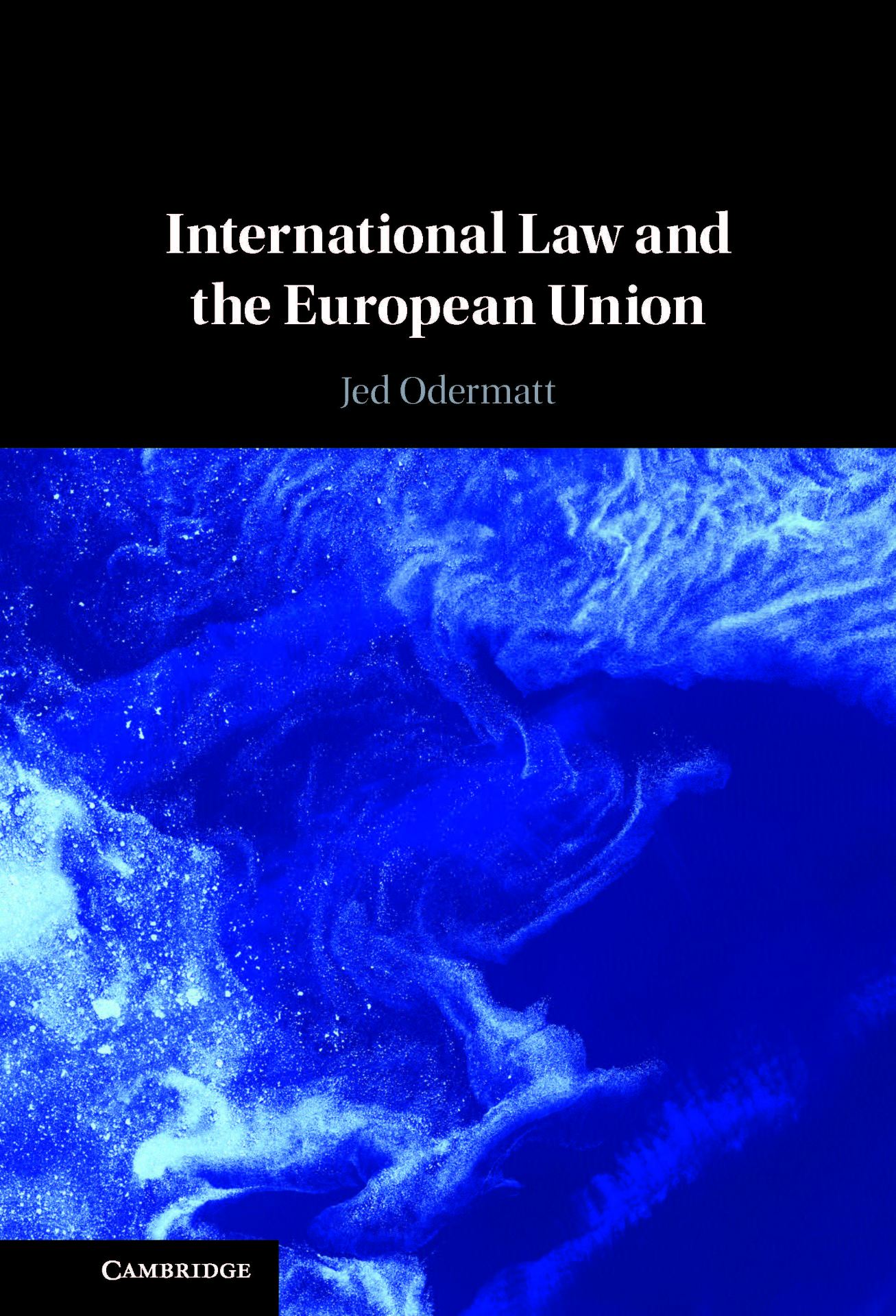On 29 September 2021 the European Union’s General Court annulled Council decisions approving trade and fisheries agreements concluded between the European Union and the Kingdom of Morocco. The judgment is the latest in an ongoing saga in which the EU’s trade agreements with Morocco have been challenged before the EU courts on the grounds that they violate international law. These agriculture and fishing agreements apply to the territory and territorial waters of Western Sahara, a non-self-governing territory occupied by Morocco, without the consent of the people of Western Sahara.
Month: September 2021
The European Union has become an ever more visible and active player at the international level. Legal scholarship has addressed this phenomenon. The field of EU external relations law discusses the legal issues that arise from the EU’s activity on the international plane. Much of this literature is focused on the internal issues that the European Union and its Member States face. In International Law and the European Union, I sought to explore the issues that arise, not only for the EU legal order, but also for international law and for non-EU states.
To do so, the book integrates the perspectives of European Union law and of international law. In researching the book, I quickly realized that there were diverging views about the very nature of the EU and its legal order. As I discuss in Chapter 1 on ‘The European Union in International Law’ both legal scholarship and practice present an ‘EU law’ view and an ‘international law view’ on the nature of the European Union. The EU law view tends to see the EU as a unique legal order, one that has escaped from its international law origins. It is highly influenced by the narrative, established by the Court of Justice of the EU in van Gend & Loos and later judgments, of the Union as a ‘new legal order’. This internal narrative remains contested in international law scholarship, which tends to view the Union as a type of international organization, albeit one that has developed a number of unique features. The aim of the book is not to argue which of these views is ‘correct’. Rather, it accepts that the EU is a unique type of legal entity, and explores how international law concepts and principles have adjusted and respond to these claims. Rather than provide a unitary theory of the European Union that could address the types of legal clashes and conflicts that arise under EU and international law, it explores the ways that public international law addresses legal subjects other than states.
© 2026 City Law Forum
Theme by Anders Noren — Up ↑

